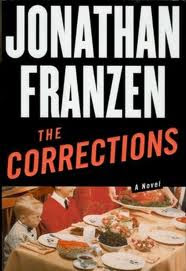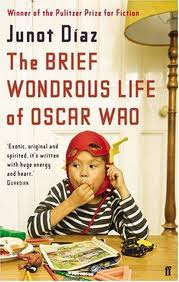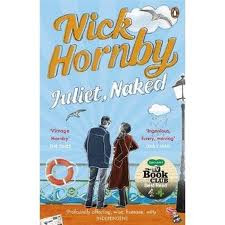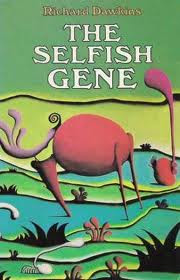
I’m reading so much of this for work that this is practically becoming a Rankin blog. I will name it Blankin. Or Rog
I recently reviewed KNOTS AND CROSSES, the first Rankin book, and here in BLACK BOOK Rankin the genre writer is firmly established. Detective Rebus no longer has too much of an inner life, or any gross sex scenes. Plot-plot-plot, that’s what we like. The aforementioned plot centres around a fire in a hotel, the guilt felt by the perpetrator, and the attempt by Rebus to pin the fire on its instigator, local tough and long term nemesis Ger McCafferty. Bizarrely, Rankin still finds a role for a paedophile in this story. He is seriously well into paedophilia. Curiously Rankin also talks repeatedly about how pretty this fourteen year old girl is who has a minor role in the plot. Let’s not think about it.
BLEEDING HEARTS was written under the nom de plume Jack Harvey. Apparently the Rebus books were taking only three months to write (what a surprise) so Rankin decided while living in bucolic splendour in France, to write mainstream thrillers also. In this one the story cuts between a first person narrative (of the baddie, I think we are supposed to find this innovative), and a second person narrative of the detective hunting him (a fat New York private eye). There is a cult involved, and a stupid twist where the victim turns out actually to have hired the SPOILER ALERT assassin herself in order to commit suicide.
If you skipped everything since SPOILER ALERT as you are thinking of reading this book, I advise you to think again. There are long lists of gun types, and poorly drawn cult members, and worst of all our thirty five year old assassin is pursued by a twenty two year old beauty who is totally and unbelievably sexually confident and bizarrely interested in this weird old man who has obvious psychological problems.
What boggles my mind is how MANY books I have by men in their thirties and forties that feature heroes in their thirties and forties being pursued by nymphs in their twenties. I mean, seriously, wouldn’t you be embarrassed to publish such obvious wish fulfillment?








